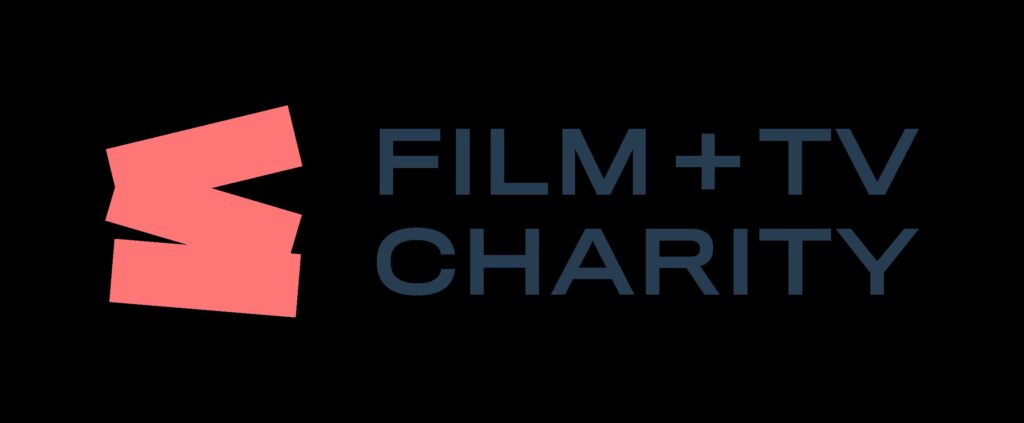New report shows worsening mental health of screen-sector workers

Nearly one-third of respondents had thoughts of taking their own life in the past 12 months
The Film and TV Charity’s latest Looking Glass Survey report shows that 64% of film and TV workers are considering leaving the industry due to mental-health concerns, with 32% having taken firm steps to do so.
There were more than 4,300 responses to the survey, with 63% saying their work in the industry has a negative effect on their mental health and 30% saying they often felt lonely – up from 24% in 2022, and far above the national average of 8%.
Almost a third of respondents reported having thoughts of taking their own life in the past 12 months.
Improvements in outcomes
However, the bleak stats sat alongside other, more positive indicators, showing that efforts over the past five years to improve industry culture and conditions are paying off. There was a clear correlation between using the charity’s Whole Picture toolkit and better mental health outcomes (this 2024 survey was the first time respondents had been asked if they had accessed the support on offer):
• 12% of respondents felt that the industry is a mentally healthy place to work. This number rose to 25% among respondents who had worked on a production using the Whole Picture Toolkit
• 35% described their mental health as ‘poor’ or ‘very poor’, up from 24% in 2022. This number dropped to 23% among those who had worked on productions using the Whole Picture Toolkit
The Looking Glass report also explores the impact of macro-level challenges on mental health in the industry and revisits the causes of the crisis, identified in the first Looking Glass Survey report in 2019 as working conditions, workplace culture and capability to support staff.
The report also shows that, while the average industry worker is at a heightened risk of poor mental health compared to the wider population, there is a higher risk for certain groups within the industry.
Its findings reveal that freelancers, workers with a disability or long-term health condition, neurodivergent workers, LGBTQ+ workers, carers, people from the Black and Global Majority, women, and younger workers are more susceptible to poor mental health and to issues linked to worklessness, bullying, harassment, and discrimination.
Film and TV Charity CEO Marcus Ryder said: “The results of the 2024 Looking Glass Survey underline that the industry has to go much further to address urgent, persistent issues relating to mental health in our industry.
“We are at risk of seeing a potential exodus of skilled and experienced workers, from directors to scriptwriters, and from directors of photography to set designers – with 64% of survey respondents saying they were considering leaving the industry and 32% already having taken firm action to do so. It would be wrong to attach this risk solely to the mental health crisis the industry is facing, but there is no doubt it is a major contributory factor.
“At the same time, while the survey results paint a bleak picture, they also reveal that focused and targeted interventions work – as evidenced by the positive impact on mental health on productions that have worked with the Charity. We should also recognise that culture change takes time, and acknowledge that, for example with issues such as bullying, where the entire industry has recognised that there is a problem that needs to be addressed, we have seen the dial shift in a positive direction.”
The full report can be found here.

Share this Article















